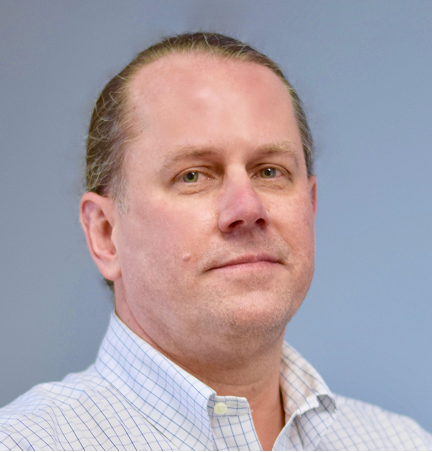Alcohol and Harm Reduction for Risky Alcohol Use
Paradise Ballroom ABC
Speaker(s):
Description
After the COVID public health emergency, opioid overdose rates have started decreasing. But death and illness related to problematic alcohol remain significantly elevated. In this session, Dr. Fred Rottnek, Program Director of the SSM Health/Saint Louis University Addiction Medicine Fellowship, will discuss where we are today in prevention, screening, and treatment for individuals who want to abstain or just cut down their alcohol use. As a native Missourian, Dr. Rottnek understands the challenges we face in our state regarding culture and practices around alcohol use. All of us have a role to play in addressing problematic substance use, so this session is for all those involved in the delivery of services and support of these services along the full continuum of care.
Objectives

